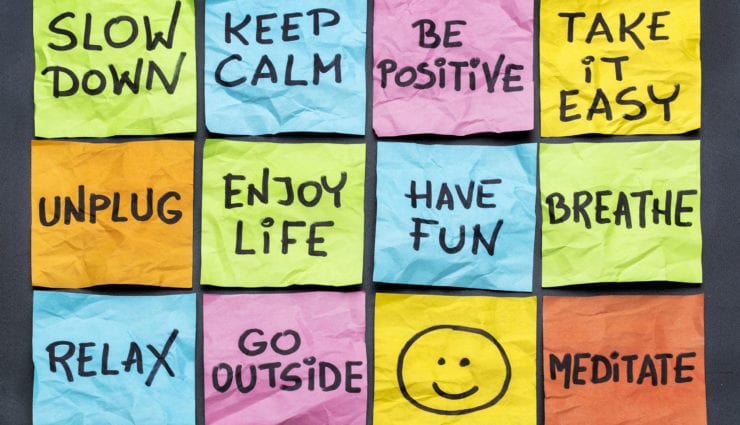Due to recent events, we’ve now blurred the already distorted lines between work / life balance by erecting makeshift offices, or planning everything within a millisecond to prevent chaos. As a result of this, we appear to have encased that big red button in bulletproof glass that ensures that our work-mind is constantly switched on. Unfortunately for most of us, it needs to be.
So how can we prevent a burnout?
The holidays used to support the prevention of burnout, if only because it was a reprieve from the actual classroom for the allocated period of time. No matter how this time was spent, what was important was that the batteries were being recharged.
Whether through passing the time exploring on the couch in a blanket, or donned in outdoor gear endeavouring to consume as much fresh air and sunlight as possible, it didn’t matter. That time was yours and there was no second-guessing or running narrative that was taking place at the same time (a board meeting of your subconscious that is endeavouring to solve the problems whilst you act normal: the pinnacle of multitasking).

There aren’t necessarily any new tactics that I can advise in order to help in these situations, but I think that now is an important time to remind others (and ourselves) about some key points to remember:
1. No man is an island
It’s an oldie but a goodie. We’re all aware of it, and yet it’s one that we seem to constantly need reminding about! Burnout occurs when we juggle too many plates. The emotions attack like a tidal wave that can’t be defeated. No one is immune. In the majority of cases prevention is the cure. It’s about knowing yourself and your team. It’s about being able to ask for help without you seeing it as a sign of weakness. Just remember, asking for help is not a sign of weakness, but a sign that you know your own strengths and weaknesses.
2. Take the time to assess
In a time where we are constantly basing decisions on situational analysis, sometimes issues or factors that can’t be resolved in an instant. The more that we become consumed with making quick decisions, the more likely that we begin to see signs of communication breaking down, or issues arising due to the time not being invested at the start. This is another one of those moments where knowing your team (both at work and at home) really helps.
3. Communication is key
In all circumstances, communication is vital for all of us to conduct our roles to the best of our abilities. A breakdown in communication adds more issues and further stress that can easily be avoided through ensuring clarity for all. Sometimes we may become trapped in situations where maybe even we are unsure of the way out, but just remember that one torch can only shine so bright; a strong team can illuminate a path.
4. Remember your box of control
It’s easy to believe that we have to have the answers to all of the questions and that we must be able to SOLVE all of life’s problems. Situations like being put into isolation can often have us arguing with an inanimate object about the travesties of government guidelines, pleading like Ebenezer Scrooge for a reprieve that would allow you to go for a walk. These situations fall outside of our box (unless of course you happen to have a laboratory in your house that can be used to find a cure). What is in our box of control is our reactions. Sometimes evaluation of a situation can play the biggest role in preventing negative reactions or irrational thoughts.
5. Don't compare!
We all need to be reminded of this. One person’s stress relief can quite often be another’s stress-inducing situation. There is (and never should be) a prescriptive method of dealing with time-allocation or how to manage your wellbeing. It’s all about knowing yourself and how best for you to ‘be you’. Use other’s stories as inspiration, but remember you are your own narrator and sometimes the loudest voice needs to be your own.
![]() Looking for more resources to support your teaching and learning? Check out the best education technology resources on our sister platform EdTech Impact.
Looking for more resources to support your teaching and learning? Check out the best education technology resources on our sister platform EdTech Impact.


















